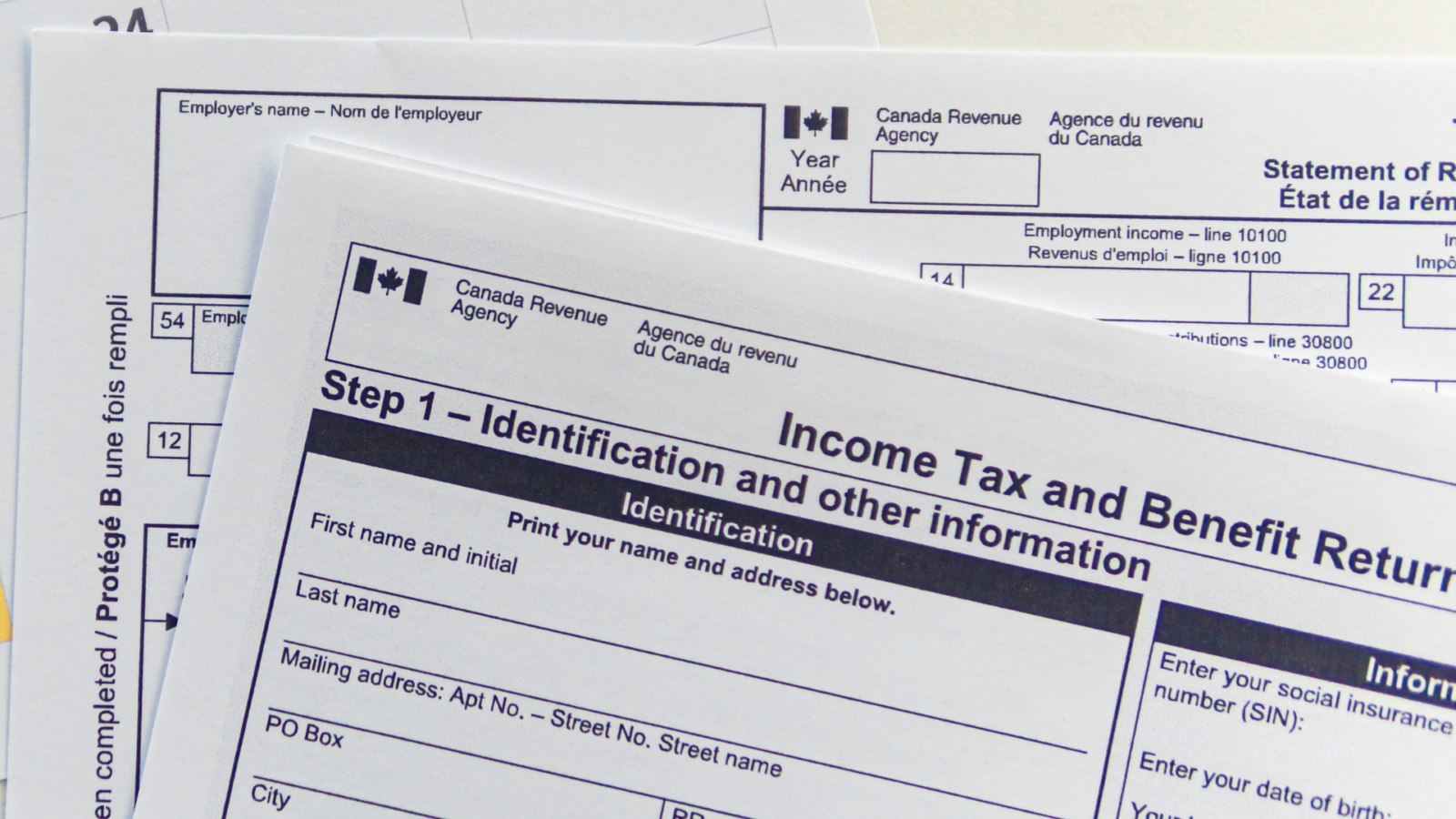Tax Planning & Preparation
What Would It Cost to Miss the April 30 Tax Filing Deadline?
March 6, 2024

The tax season is upon us. The Canada Revenue Agency (CRA) has set a deadline to file and pay your taxes. It is important to take this deadline seriously because if you miss it, you could face a hefty penalty for late filing and interest and penalty on late tax payments. And even if you miss the deadline, it is never too late to act fast and stop the interest and penalty from accumulating further. We are dedicating this article to give you a fair idea of the cost of being late with your taxes.
How Does Tax Filing Deadlines Work?
First things first, tax filing and tax payments are different. The deadline to file and pay taxes is April 30, 2024. If you are self-employed, the deadline to file taxes is June 15. But if you owe tax, the deadline for tax payment is April 30.
The CRA separates tax filing and payment deadlines to encourage even those without tax liability to file taxes. When you file taxes, it helps the CRA keep its records updated and helps serve you better.
- Delays in tax filing when you don’t owe tax: If you don’t owe any tax, there is no penalty or interest for late filing. But it is suggested you file taxes on time as the CRA calculates your benefits, such as Canada Child Benefit or the GST/HST credit, on your last year’s income. Any delays in tax filing will delay your CRA benefits. If you are eligible for any tax refunds, they will be delayed, and you won’t get any interest for these delays.
- Delays in tax filing when you don’t owe tax: If you do owe tax, the CRA levies a penalty for late filing and charges interest on the tax owed, starting from May 1. It does so to ensure everyone timely files and pays their taxes.
Let’s dig deeper into this and understand each aspect separately.
Penalty For Late Tax Filing
As we said, the CRA only penalizes you for late tax filing when you owe tax. If you don’t owe any tax, there are no penalties, delays in benefits and refunds.
But if you owe tax, the CRA levies a penalty of 5% on the tax owed and an additional 1% for every full month of delay up to 12 months. If you don’t file your tax for an entire year, the CRA will levy a penalty of 17% (5% + 12%) on your outstanding amount.
The penalty will double if you faced a late filing penalty in previous years and the CRA requested a formal demand for tax returns. In other words, your 2023 late filing penalty will be 10% of the balance outstanding and an additional 2% for every full month of delay up to 20 months if you face a late filing penalty in 2022, 2021, or 2020.
For instance, Sam owes $2,500 in tax for 2023 and missed the deadline by two months. The CRA will charge him a late filing penalty of $125 ($2,500 x 5%) and an additional $50 ($2,500 x 2%). So, he has to pay CRA $2,675 + Interest.
The CRA will charge interest on the tax owed over and above the late filing penalty.
Interest on Tax Owed
While the penalty rate is fixed, the interest rate is variable. Every quarter, the CRA decides the prescribed interest rates it will charge on the taxes owed. It starts calculating interest on the tax owed from May 1 and compounds it daily. For the Jan-Mar 2024 period, it will charge 10% interest on overdue taxes, which is higher than 8% for the Jan-March 2023 period. You don’t want to accumulate this interest, especially with a high tax liability.
What If You Miss the Tax Deadline?
First, never miss the deadline for tax filing. Even if you don’t have the cash to pay your tax dues, at least file your taxes by April 30 to avoid the late filing penalty.
For the tax payments, try paying maximum tax liability as interest is calculated on the balance owed. The CRA allows you to pay your tax liability in instalments, and this instalment includes your interest accumulated. If you opt for the installment option, do not miss that installment deadline, or you will face late payment fees over and above the compounding interest.
Late Payment Fees on Tax Installments
Like any debt, your tax installment has a principal and interest component. If your interest component on the installment exceeds $1,000, the CRA will levy a late fee if you miss the installment deadline or pay a lower installment amount. The deeper you go, the more complicated the calculation for penalties.
You can eliminate interest, penalty, and late payment fees by overpaying your tax installments or paying them early. The credit interest you get from early payments can help you offset interest charges on insufficient or late payments for the same tax year.
If circumstances do not allow you to make tax payments, you could request the CRA to waive or cancel these penalties. However, the request can only be made for tax liabilities under 10 years old. If the CRA agrees, it may waive the penalty.
But you can avoid this whole tax debt spiral through proper tax planning.
Contact DDL & Co. in St. Catharines to Help You with Tax Filing and Planning
A skilled accountant can help you identify your tax liabilities well in advance so that you can plan your cash flows accordingly and make regular quarterly tax payments. The accountant will also help you file your taxes timely and avail yourself of CRA’s many tax benefits. To learn how DDL & Co. can provide you with your tax planning and filing, contact us online or by telephone at 905-680-8669.



